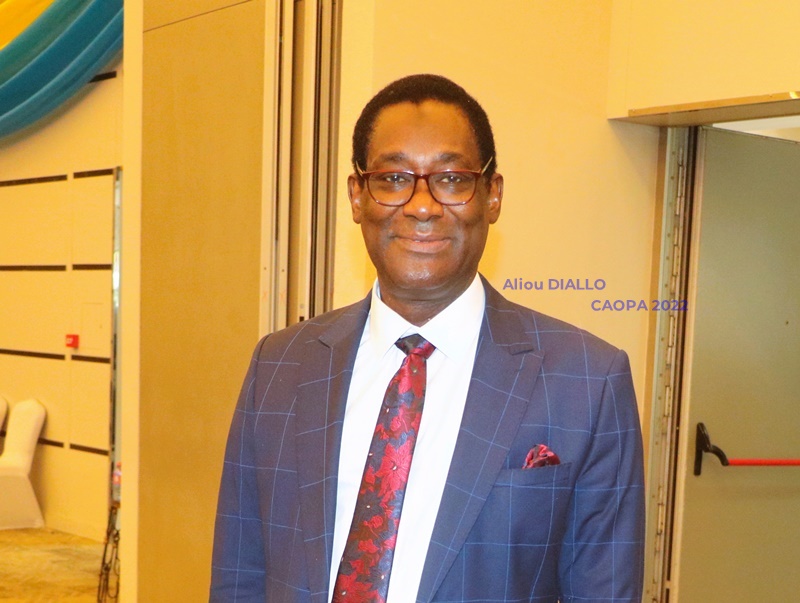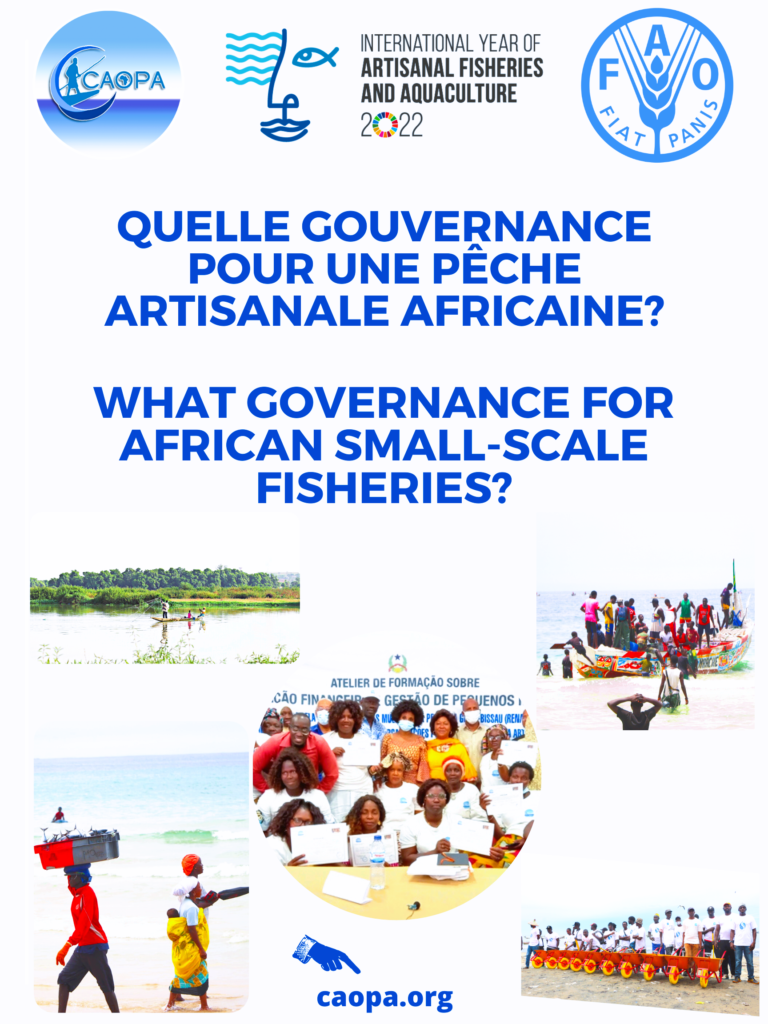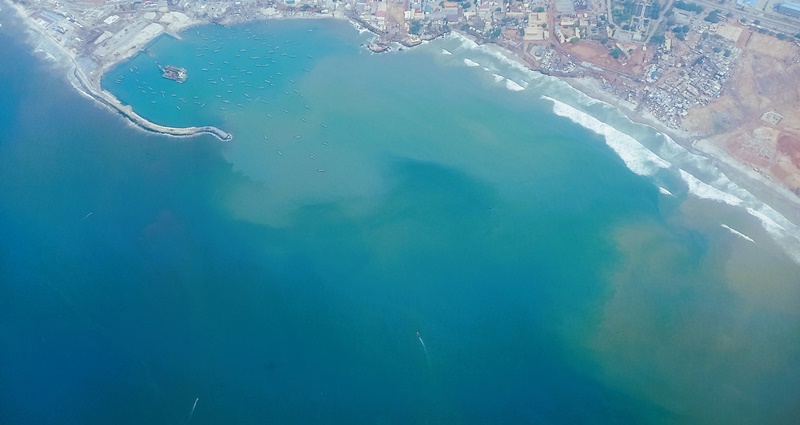Artisanal fishing is the most important sector of the ocean economy. It provides livelihoods, income and employment, and contributes to the food security of hundreds of millions of people in Africa. To make this work, stakeholders depend on access to healthy oceans and ecosystems.
However, their business and their future are threatened by poor fisheries management, pollution and competition for space with other sectors of the blue economy, and especially illegal, unregulated and unreported (IUU) fishing. The latter disproportionately affects communities, their economies, food security and contributes significantly to extreme poverty.
“The importance of IUU fishing in the world is estimated at between US$10 and US$35 million. Africa with 4.7 million USD of which West Africa has become the epicentre with more than 2 million USD of loss per year“, according to the TA PESCAO /ECOWAS Team Leader, Dr Amadou TALL.
By 2021, FAO has pointed out that on average West Africa will lose US$2 billion to IUU fishing.

For the African Confederation of Professional Organizations of Artisanal Fisheries (CAOPA), one of the aspects of IUU fishing that affects stakeholders the most is the illegal incursion of industrial vessels into coastal areas, with trawlers causing the most damage.
As solutions, CAOPA advocates ‘firstly’ that countries tackle IUU fishing in coastal areas by introducing, expanding and effectively enforcing coastal industrial fishing exclusion zones, free of industrial vessels such as destructive bottom trawlers.
“Secondly, participatory monitoring – where fishermen are given tools to inform the authorities directly of suspicious activities – can be effective, but it needs to be reinforced with a clear definition of the roles and responsibilities of fishermen and authorities. In addition, the authorities must also respond effectively when contacted by fishermen.
Countries need to keep a register of beneficial owners of fishing vessels. This would allow for the identification of those who may be profiting from IUU fishing, and for sufficiently punitive and dissuasive sanctions. At the meeting of ACP Fisheries Ministers in April, African countries committed to record information on beneficial owners when granting a fishing licence or permit, and to pursue and strengthen sanctions against those who refuse to provide this information.
Finally, regional collaboration in terms of monitoring, control and surveillance is essential. A regional VMS vessel monitoring system should be set up and managed centrally, with VMS data provided to the regional centre and made available to all Member States. This will also allow, when artisanal fishermen are not present, to see when a vessel enters a zone reserved for artisanal fishing.
Aliou DIALLO



